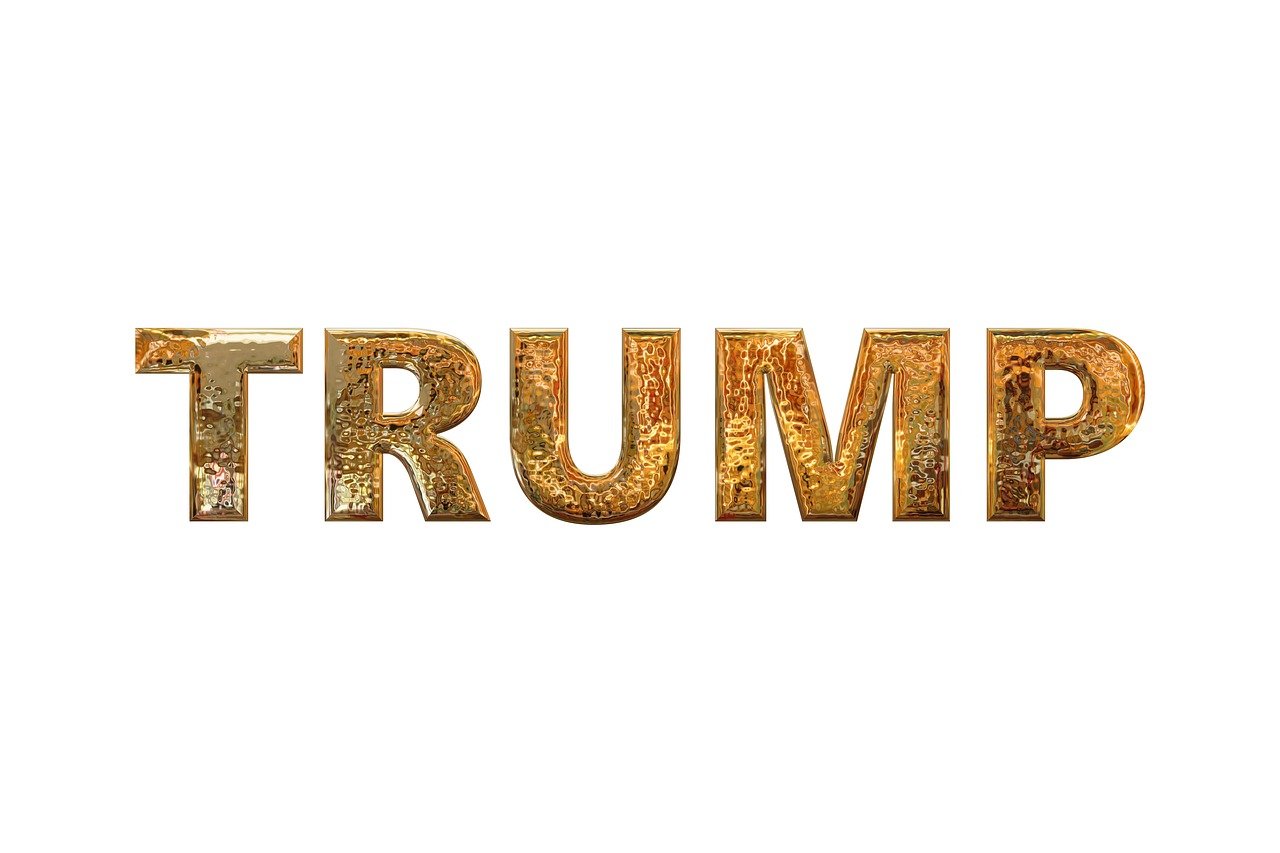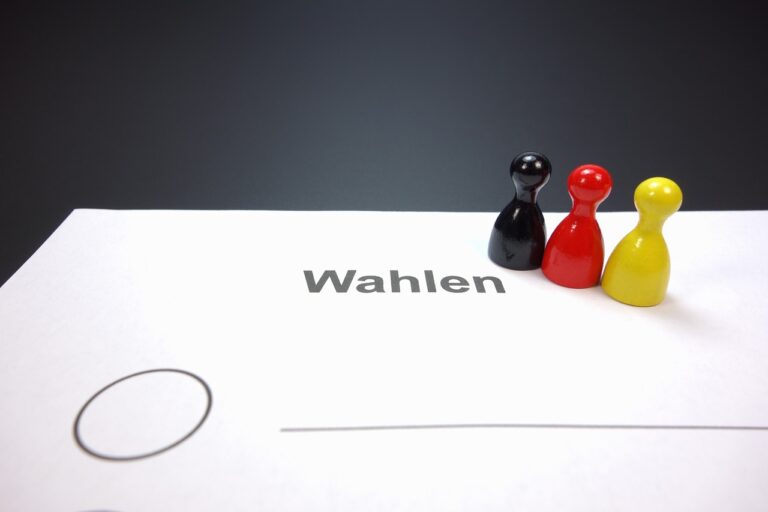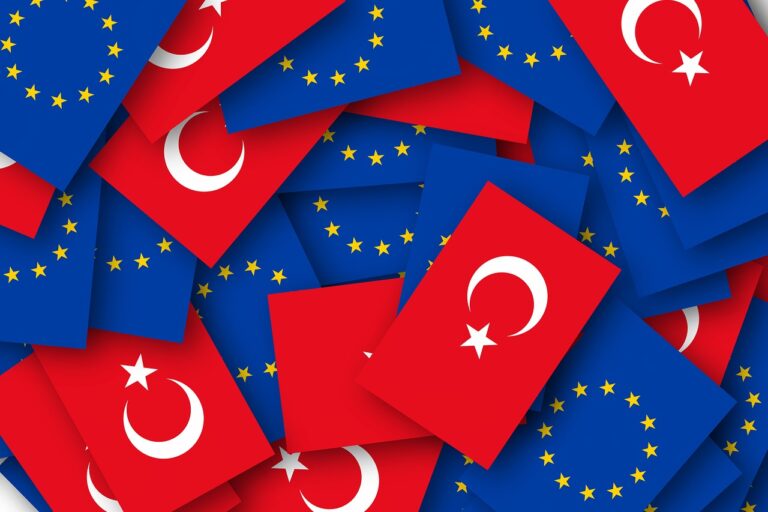Music and Its Influence on Political Campaigning
Music has long been recognized as a powerful tool in political campaigns. The strategic use of music can evoke emotions, inspire enthusiasm, and shape the perception of a candidate. From rallying supporters at campaign events to creating an atmosphere of unity and patriotism, music can play a significant role in shaping the narrative of a political campaign.
Moreover, music has the ability to transcend language barriers and communicate messages that resonate with a diverse audience. Whether through catchy campaign jingles or iconic anthems, music has the power to mobilize voters and leave a lasting impression on their minds. By harnessing the emotive power of music, political candidates can create a sense of connection with voters and convey their key campaign messages effectively.
Music can evoke emotions, inspire enthusiasm, and shape the perception of a candidate
It plays a significant role in shaping the narrative of a political campaign
Music transcends language barriers and communicates messages that resonate with a diverse audience
Catchy campaign jingles or iconic anthems have the power to mobilize voters and leave lasting impressions
By harnessing the emotive power of music, candidates can create a sense of connection with voters
Historical Examples of Music Shaping Political Campaigns
Music has played a significant role in shaping political campaigns throughout history. One notable example is the use of Bruce Springsteen’s song “Born in the U.S.A.” during the 1984 presidential campaign of Ronald Reagan. Despite the song’s lyrics critiquing the treatment of Vietnam War veterans, Reagan’s campaign utilized the song to evoke a sense of patriotism and pride, resonating with many voters.
Another instance of music influencing a political campaign is the use of Fleetwood Mac’s song “Don’t Stop” during Bill Clinton’s 1992 presidential campaign. The upbeat and optimistic tone of the song aligned well with Clinton’s message of hope and change. By incorporating this song into his campaign events, Clinton was able to create a sense of unity and momentum among his supporters.
The Psychology Behind Music’s Influence on Voters
Music has a profound impact on our emotions and can evoke strong feelings within us. When politicians incorporate music into their campaigns, they are tapping into this emotional connection to sway voters’ opinions. The beat, lyrics, and overall tone of a song can create a sense of unity and enthusiasm among supporters, generating a positive association with the candidate.
Research has shown that music can subconsciously influence our perception of a political candidate. Upbeat and uplifting songs can create a sense of optimism and hope, while somber tunes may evoke feelings of seriousness and trustworthiness. By strategically selecting music that aligns with their message and image, politicians can subtly shape voter’s perceptions and garner support for their campaign.
How does music play a role in political campaigns?
Music has the power to evoke emotions, memories, and associations in voters, making it a powerful tool for political campaigns to create a specific atmosphere and connect with their audience.
Can you give examples of historical instances where music has shaped political campaigns?
Yes, for example, the use of patriotic songs like “God Bless America” in political rallies or the use of popular songs like “Happy” by Pharrell Williams in campaign ads have all been effective in influencing voters.
What is the psychology behind music’s influence on voters?
Music has the ability to trigger emotions, create a sense of familiarity, and influence mood, all of which can impact how voters perceive a political candidate or message.
How can political campaigns use music strategically to sway voters?
Political campaigns can strategically choose songs that align with their message, use music to create a positive or energetic atmosphere at rallies, and leverage the emotional power of music to connect with voters on a deeper level.







